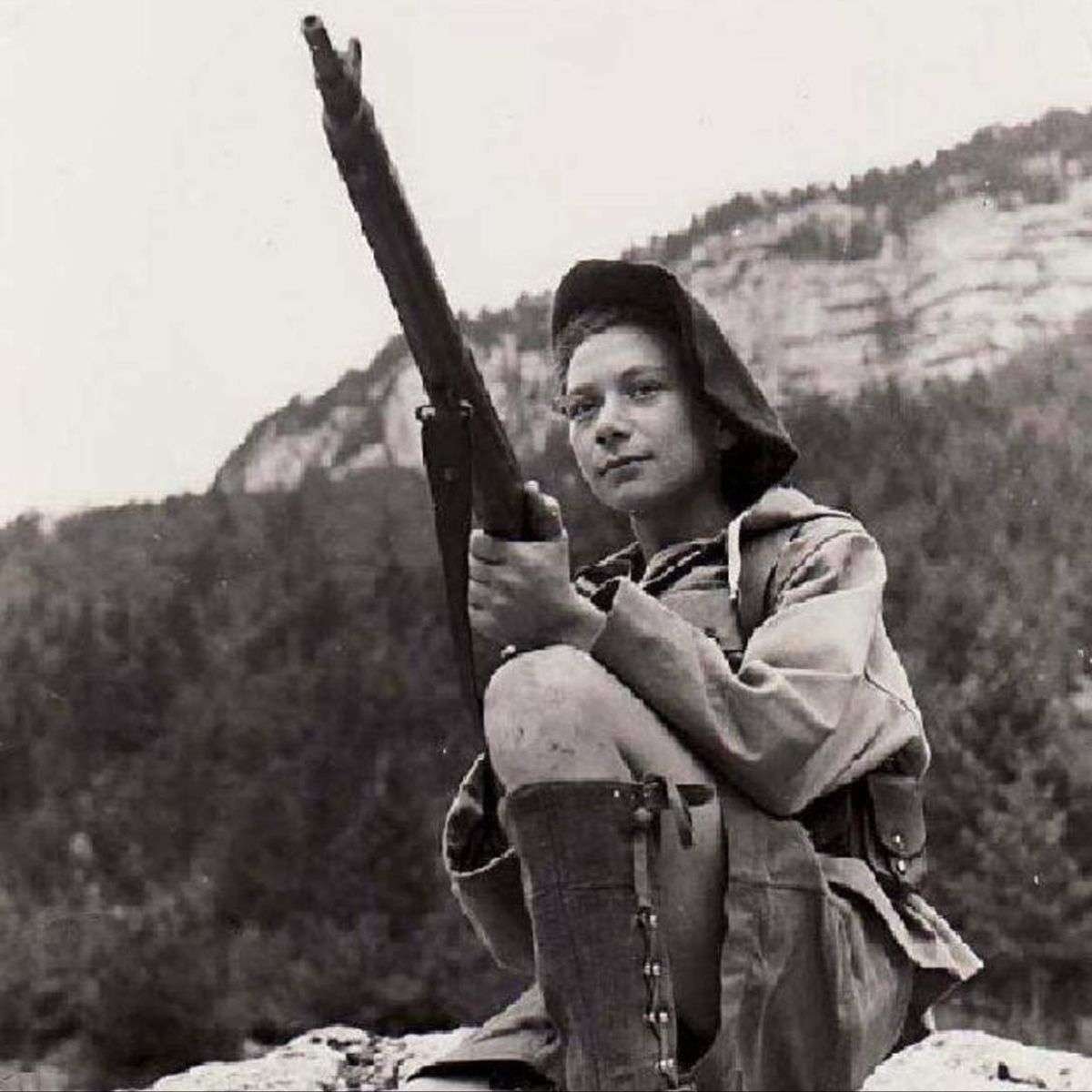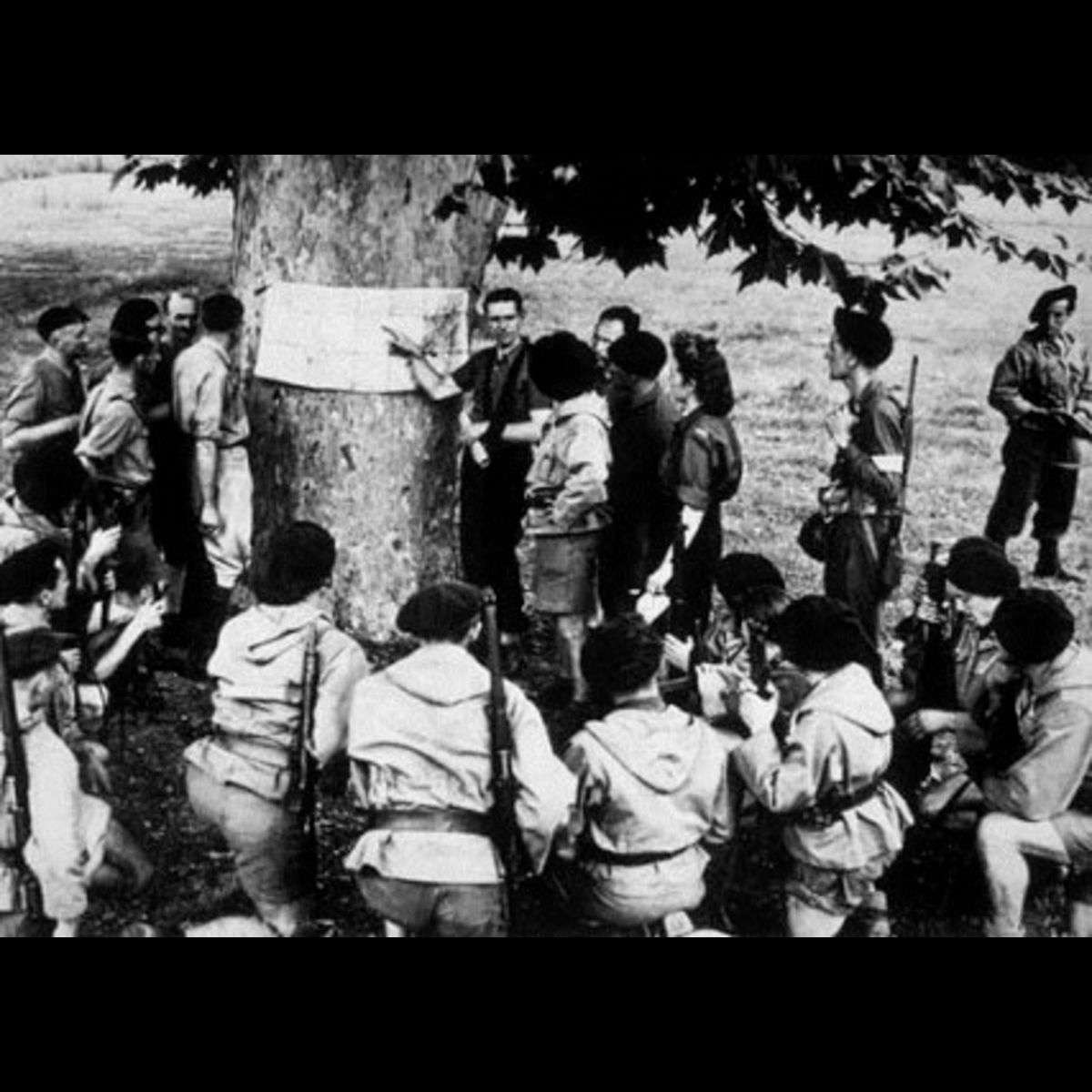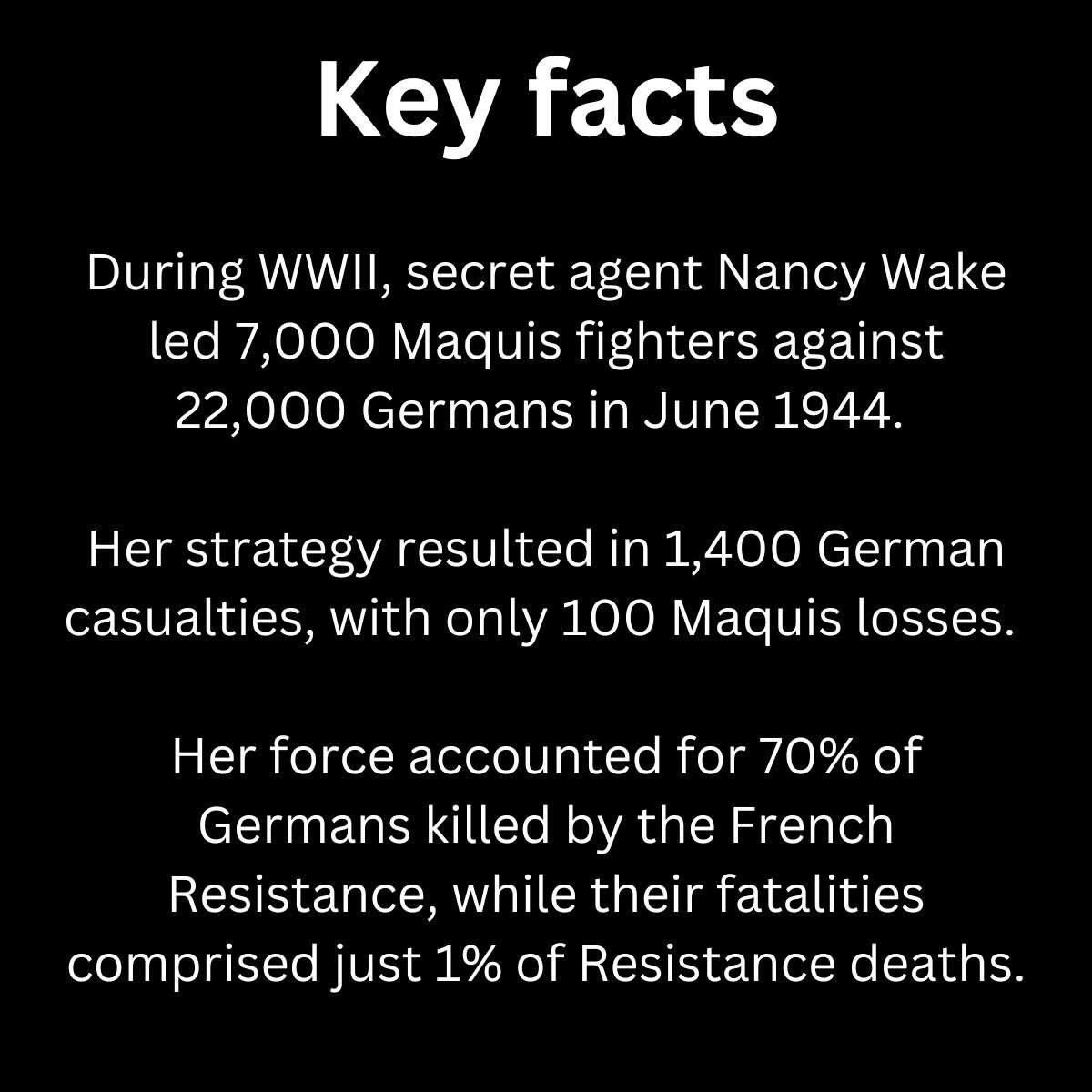
Heroes of WWII: Nancy Wake, the White Mouse
Hi and welcome to the blog.
Just a quick update on the COBI pre-orders before we launch into the main part of the blog.
COBI have now said the Akagi is due for release on 8th July. We are so sorry for the inconvenience. We are as frustrated as you, but as soon as it is available from COBI we will order it straight away and keep you posted.
Our latest COBI delivery has been delayed until Monday, so expect the new releases (see below) to be on the way to you early next week, if you've pre-ordered them.
Enjoy the rest of the blog and have a good weekend - we'll be at Bridgwater Armed Forces Day tomorrow so look out for us if you're going.
Warmest wishes,
Zoë
Just a quick update on the COBI pre-orders before we launch into the main part of the blog.
COBI have now said the Akagi is due for release on 8th July. We are so sorry for the inconvenience. We are as frustrated as you, but as soon as it is available from COBI we will order it straight away and keep you posted.
Our latest COBI delivery has been delayed until Monday, so expect the new releases (see below) to be on the way to you early next week, if you've pre-ordered them.
Enjoy the rest of the blog and have a good weekend - we'll be at Bridgwater Armed Forces Day tomorrow so look out for us if you're going.
Warmest wishes,
Zoë
Heroes of WWII: Nancy Wake
Nancy Wake, one of the most decorated women of World War II, is a remarkable figure whose bravery and cunning made her a legendary resistance fighter. Born in Wellington, New Zealand, on August 30, 1912, and raised in Sydney, Australia, Wake's journey from a spirited young woman to a formidable wartime operative is a story of courage, resilience, and unwavering determination.

Early Life and the Outbreak of War
Wake's early life was marked by a strong sense of adventure and independence. At the age of 16, she ran away from home and worked as a nurse before eventually moving to London and then Paris. In the vibrant pre-war Parisian society, she worked as a journalist and met her future husband, wealthy French industrialist Henri Fiocca.
As World War II loomed, Wake's idyllic life in France was shattered by the Nazi invasion. Rather than flee the impending danger, she chose to stay and fight. Her initial efforts involved working as a courier for the French Resistance, smuggling messages and supplies, and helping Allied airmen escape occupied territory. Her activities soon drew the attention of the Gestapo, who nicknamed her the "White Mouse" for her ability to evade capture.
Resistance Work and Escape to Britain
Wake's husband, Henri, supported her clandestine activities, but he was eventually captured and executed by the Nazis. Unaware of his fate at the time, Nancy continued her work with the Resistance. However, as the Gestapo closed in, she had to flee France. In a daring and grueling journey, she crossed the Pyrenees Mountains into Spain, and from there, she made her way to Britain.
In Britain, Wake joined the Special Operations Executive (SOE), an organisation established to conduct espionage, sabotage, and reconnaissance in occupied Europe. After rigorous training, she was parachuted back into France in April 1944 to support the French Maquis (rural guerrilla bands of the French Resistance).
Heroic Actions with the Maquis
Wake's return to France marked the beginning of her most extraordinary exploits. As a key liaison between the SOE and the French Resistance, she coordinated parachute drops of arms and supplies, organised sabotage missions, and led attacks on German installations. Her leadership and strategic acumen were instrumental in several successful operations that disrupted German supply lines and communications.
One of her most famous exploits involved cycling over 500 kilometers (310 miles) in 72 hours through German checkpoints to replace lost codes necessary for coordinating with the SOE. This feat of endurance and bravery exemplifies her tenacity and resourcefulness.


Post-War Recognition and Legacy
After the war, Nancy Wake received numerous honours for her bravery, including the George Medal from Britain, the Médaille de la Résistance, and the Croix de Guerre from France, and the Medal of Freedom from the United States. Despite these accolades, she remained remarkably modest about her achievements, often emphasising the collective effort of the Resistance fighters.
Wake's post-war life saw her initially returning to Australia, where she attempted a political career, though unsuccessfully. She later moved back to Britain and lived a quiet life until her death in 2011 at the age of 98.
 Skip to content
Skip to content

